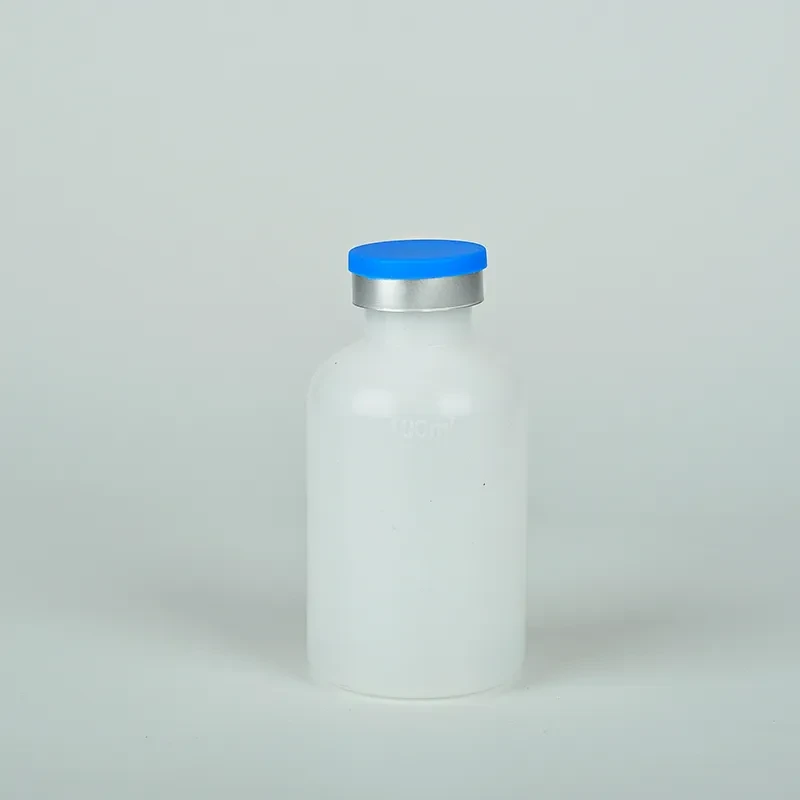Design and Use of Medication Containers for Safe Storage and Easy Dispensing
Understanding the Importance of Medical Pill Bottles
In the realm of healthcare and medication management, the humble pill bottle often goes unnoticed. Yet, it plays a crucial role in ensuring that patients adhere to their prescribed treatments safely and effectively. This article explores the significance of medical pill bottles, their design features, and their impact on public health.
The Role of Pill Bottles in Medication Management
Pill bottles serve many essential functions in the administration of medication. First and foremost, they protect the contents within them. Most medications require specific conditions for storage, such as protection from light, moisture, and air. Pill bottles, generally made from opaque plastic or glass, are designed to shield medications from environmental factors that could compromise their effectiveness.
Moreover, pill bottles are labeled with crucial information, including the name of the medication, dosage instructions, and expiration dates. Such information is vital to ensure that patients take the correct medication at the correct time, which is paramount for effectiveness and safety. The clear labeling helps both patients and caregivers to avoid errors that could lead to adverse drug reactions or ineffective treatment.
User-Friendly Design Features
To enhance patient safety and adherence, modern pill bottles often incorporate user-friendly designs. Child-resistant caps are one such feature, preventing young children from accidentally accessing potentially harmful medications. While these caps are essential, it is crucial for caregivers and patients to understand how to open them safely and effectively, as frustration in opening these bottles can lead to unnecessary mishaps.
In addition to child safety, some pill bottles include technology features such as integrated dosage trackers and alerts. These advancements help users remain informed about when and how much medication to take. For those with chronic conditions requiring multiple medications, such technology can simplify medication management, reducing the risk of missed doses.
medical pill bottle

The Impact on Public Health
The design and function of medical pill bottles extend beyond individual patients; they have broader implications for public health. Medication non-adherence is a significant concern across healthcare systems, contributing to increased hospitalizations, complications, and, ultimately, healthcare costs. According to studies, nearly 50% of patients do not take medications as prescribed, an issue that pill bottles can help mitigate through appropriate design and features.
By making medications more accessible and easier to understand, pill bottles can encourage adherence among patients. In a world increasingly focused on chronic disease management, ensuring that patients continue their medication regimens is essential. This, in turn, can lead to improved health outcomes, reduced healthcare costs, and an overall healthier population.
Environmental Considerations
While pill bottles are generally designed for safety and effectiveness, there is also a growing awareness of their environmental impact. Many pill bottles are made from plastic, which adds to the global issue of plastic waste. However, manufacturers are beginning to respond to this challenge by exploring biodegradable materials and creating recycling programs for used pill containers. Raising awareness among consumers about the importance of proper disposal and recycling of medication containers is fundamental for reducing their environmental footprint.
Conclusion
In conclusion, while the medical pill bottle may appear to be a simple container, it is an indispensable tool in the healthcare landscape. From safeguarding medication to enhancing user convenience, the design and functionality of pill bottles significantly influence patient safety and adherence. As healthcare continues to evolve, manufacturers and healthcare providers must prioritize innovative design, user education, and environmental sustainability to maximize the positive impact of medical pill bottles on public health. Educating patients about the correct use of these containers, alongside leveraging technology, will not only protect individuals but will also contribute to healthier communities and a more sustainable future. By understanding and valuing the humble pill bottle, we can highlight its critical role in the complex world of healthcare.
-
Aesthetic Makeup Spray Bottles | Fine Mist Empty RefillableNewsAug.19,2025
-
White Plastic Veterinary Vaccine Vials | Lab Liquid BottlesNewsAug.18,2025
-
Plastic Medicine Liquid Bottle: Secure Flip Top Drug VialsNewsAug.17,2025
-
Durable 250ml Blue Plastic Vaccine Vial for Lab & Vet UseNewsAug.16,2025
-
Sterile Virus Sample Tubes: Secure & Reliable Specimen CollectionNewsAug.15,2025
-
White 250ml Plastic Vaccine Vial for Lab & Vet MedicineNewsAug.14,2025
























